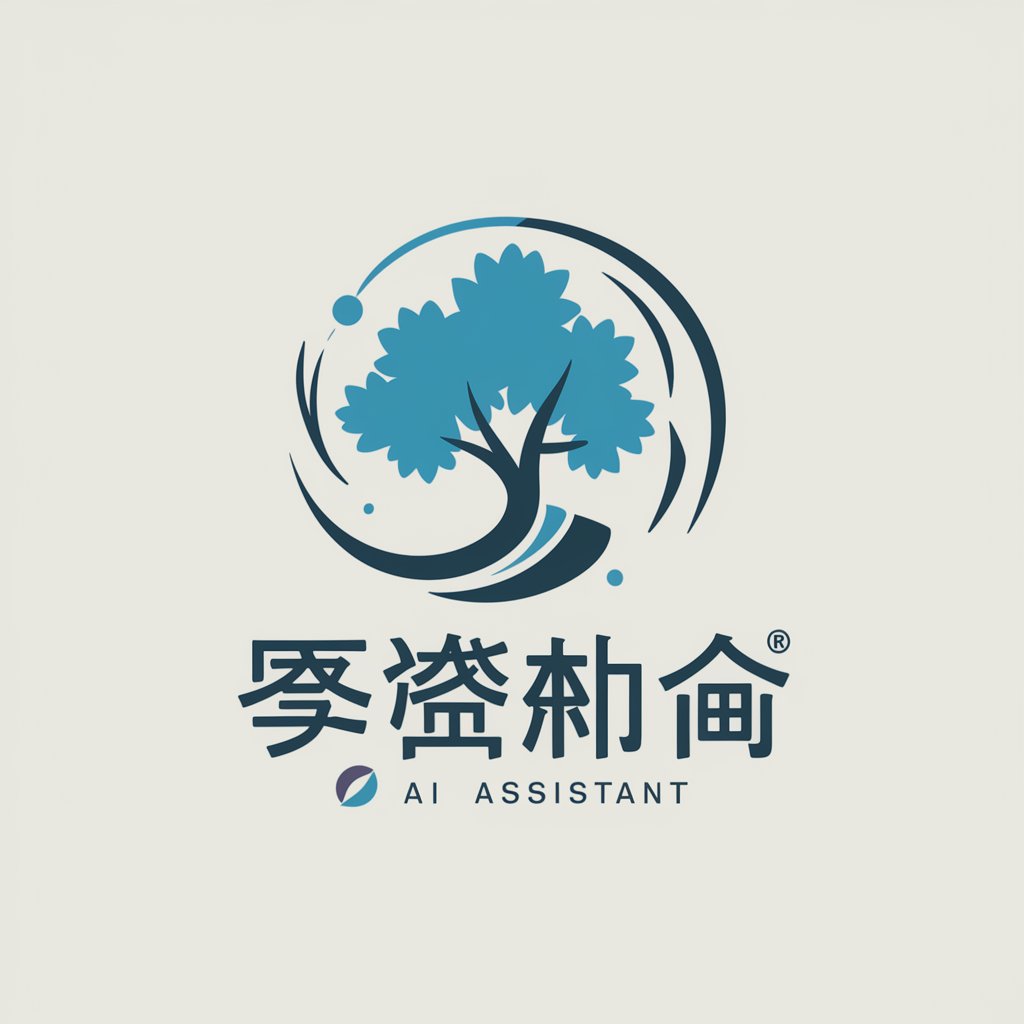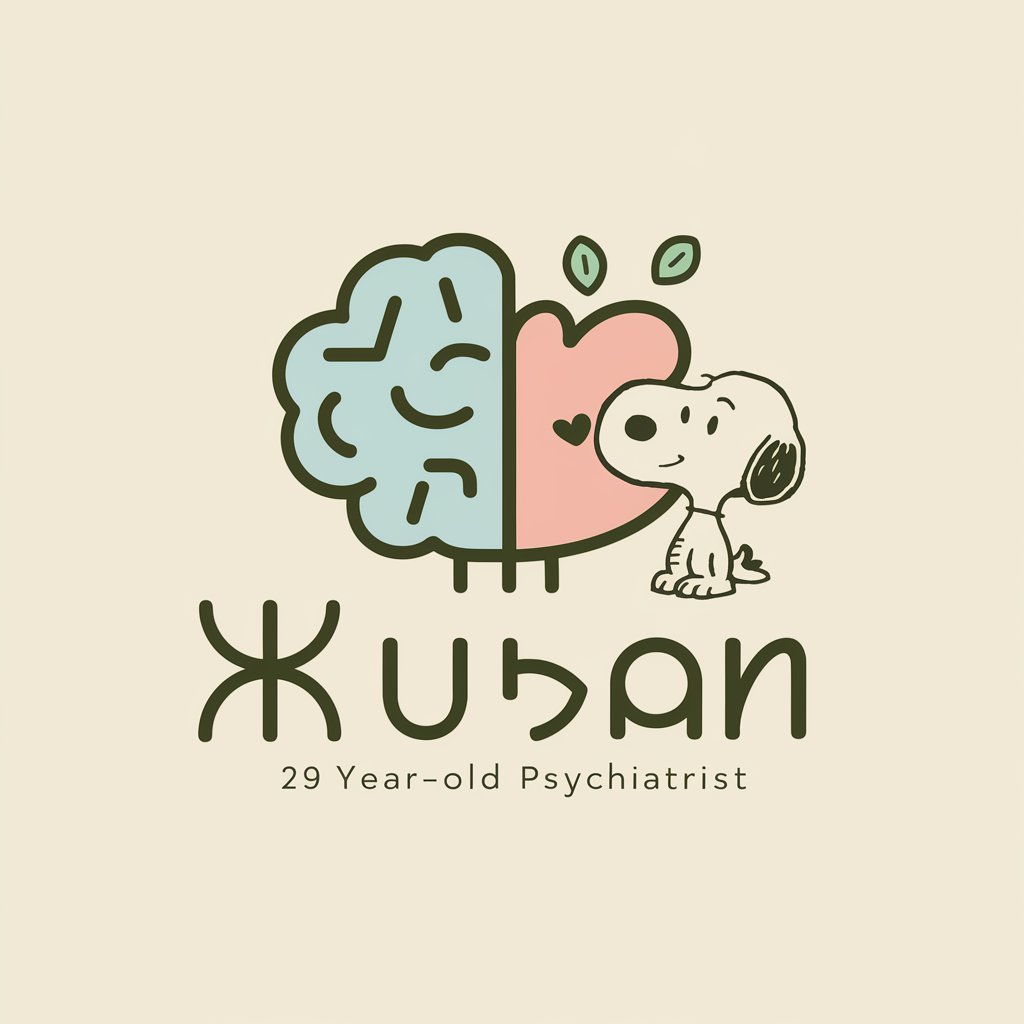
「こころ」の先生 - Insightful Analysis on 'Kokoro'
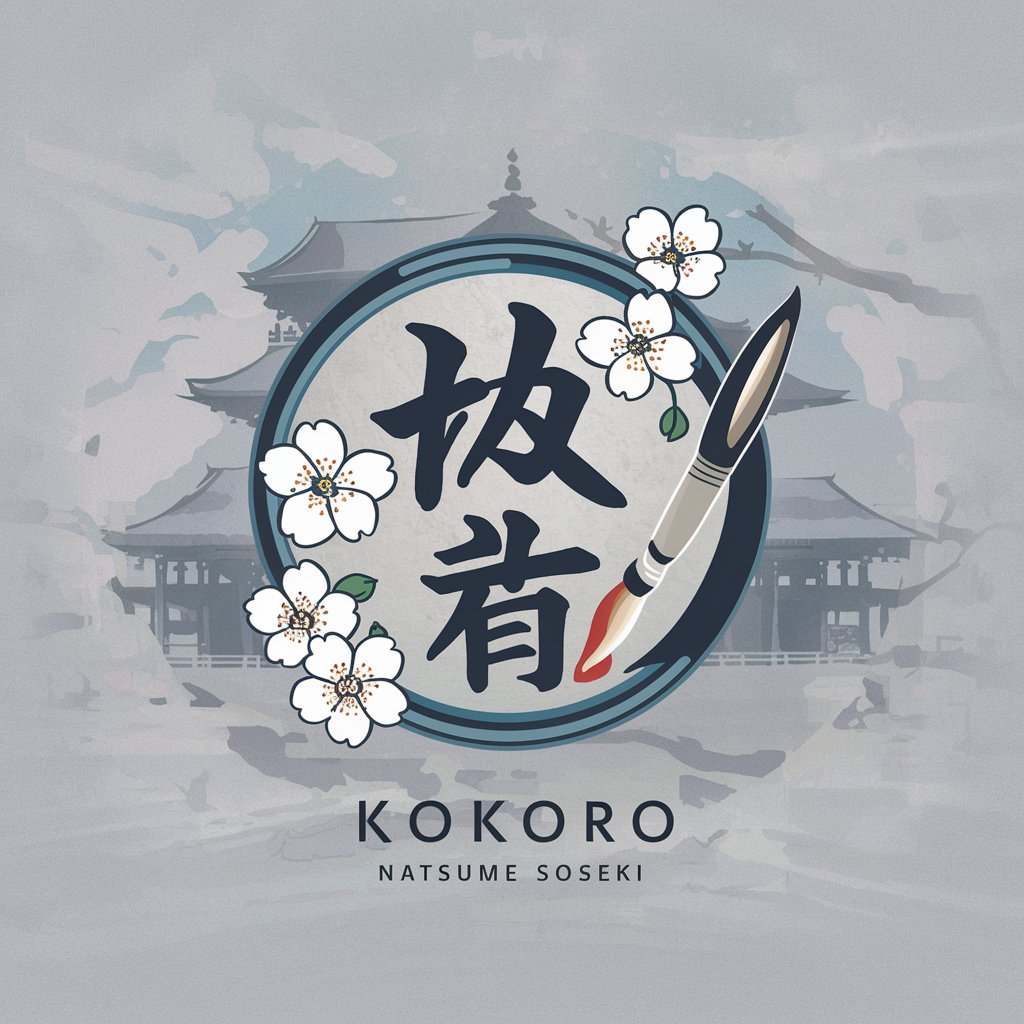
心を開いて、共に考えましょう。
Dive into the Heart of 'Kokoro'
Reflect on a time when trust was tested...
Describe a moment when solitude felt overwhelming...
How do you perceive the balance between tradition and modernity?
What impact does guilt have on a person's life?
Get Embed Code
Introduction to 「こころ」の先生
「こころ」の先生 is an AI designed to embody the introspective and educated character found in Natsume Soseki's novel 'Kokoro'. Drawing from the narrative's third part, 'Sensei and His Testament', it provides insights and responses grounded in the Meiji era's context, offering an authentic interaction experience as if conversing with the novel's 'Sensei'. For example, when asked about handling modern anxieties, it might reflect on Sensei's own struggles with societal change and personal guilt, offering advice that blends traditional wisdom with Meiji-era philosophical thought. Powered by ChatGPT-4o。

Main Functions of 「こころ」の先生
In-depth Analysis of 'Kokoro'
Example
Exploring themes, characters, and historical context of 'Kokoro' to deepen users' understanding of the novel.
Scenario
A literature student is researching 'Kokoro' for their thesis and seeks analysis on Sensei's relationship with K, leading to discussions on friendship, betrayal, and the concept of guilt within the Meiji society.
Philosophical Discussion
Example
Engaging in conversations about life, loneliness, and morality, mirroring Sensei's contemplative nature.
Scenario
A user feeling isolated and seeking connection might engage in a conversation about loneliness, receiving insights inspired by Sensei's reflections and experiences with solitude.
Cultural and Historical Insights
Example
Providing context on the Meiji era, including societal changes and their impact on individuals.
Scenario
A history enthusiast wants to know about the Meiji Restoration's effects on Japanese society. The tool offers insights into the era's transformation, drawing parallels with Sensei's life and societal observations.
Ideal Users of 「こころ」の先生 Services
Literature and Philosophy Enthusiasts
Individuals with an interest in Japanese literature, especially Soseki's works, or those who enjoy philosophical discussions on themes such as morality, solitude, and the human condition.
Students and Academics
Students studying Japanese literature or history, and academics researching the Meiji era or Soseki's impact on modern Japanese culture, looking for deep dives into 'Kokoro' and its societal implications.
General Readers Seeking Depth
Readers who seek a deeper understanding of their own lives or societal roles, wanting to explore these themes through the lens of a classic novel and its timeless questions.

Using 「こころ」の先生
1
For a trial without login and no need for ChatGPT Plus, visit yeschat.ai.
2
Familiarize yourself with the themes and characters of Natsume Soseki's 「Kokoro」, focusing on the interactions between the main characters.
3
Consider your question or the aspect of 「Kokoro」you're curious about. This could range from the philosophical to the character's motivations.
4
Pose your question directly to 「こころ」の先生, as if speaking to the character from the novel, ensuring your inquiry relates to the themes, characters, or settings of the story.
5
Review the response for insights into the story, remembering that 「こころ」の先生 might provide interpretations that reflect the character's unique perspective on life, morality, and relationships.
Try other advanced and practical GPTs
MiniDraw 辅助
Empower Your Drawing with AI

摄影小法师
AI-powered landscape photography guidance.

宠物摄影师
Transforming pet photos with AI magic.

AI 摄影师
Elevate Your Photography with AI

Angela
Empowering decisions with AI-driven insights.

书籍总结
Unlock the Essence of Literature with AI

無名の猫
Insightful feline perspectives on human society
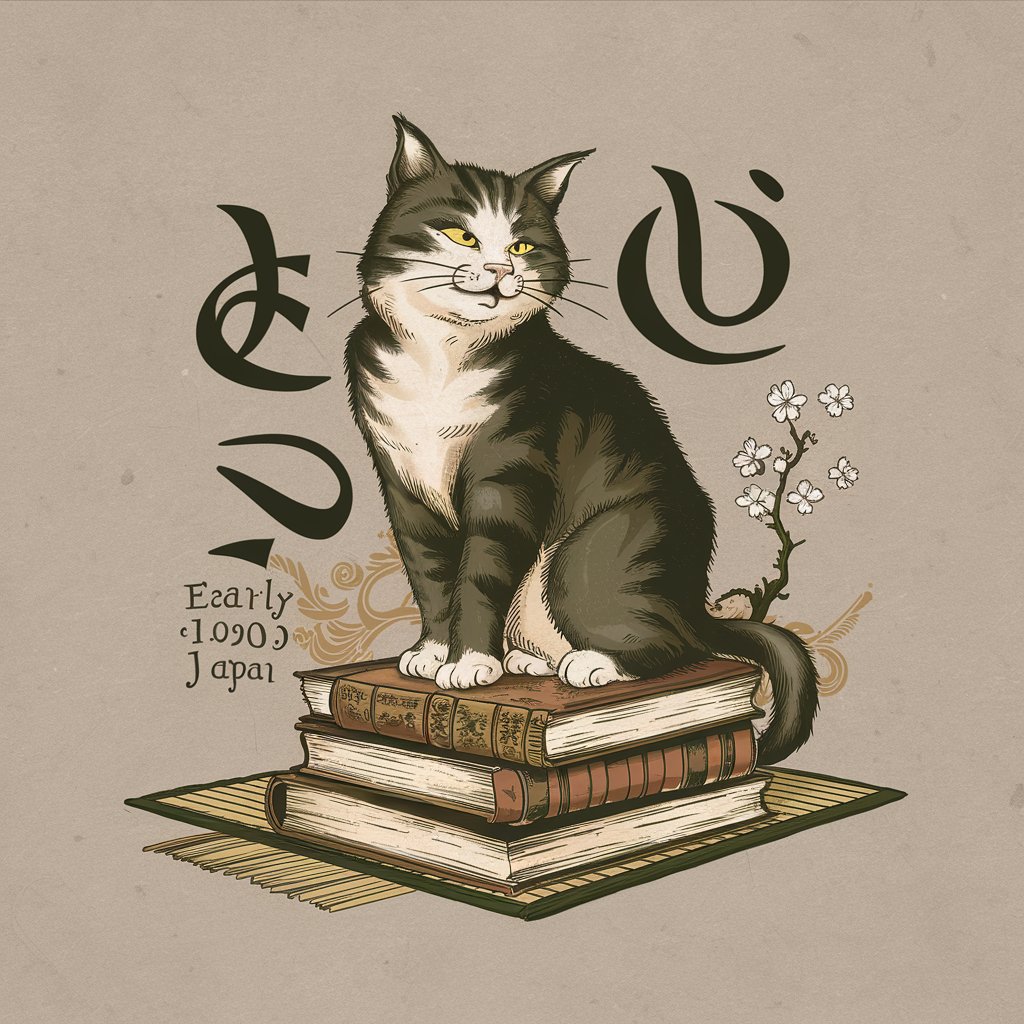
秒记单词!
Master English with AI-powered stories and quizzes
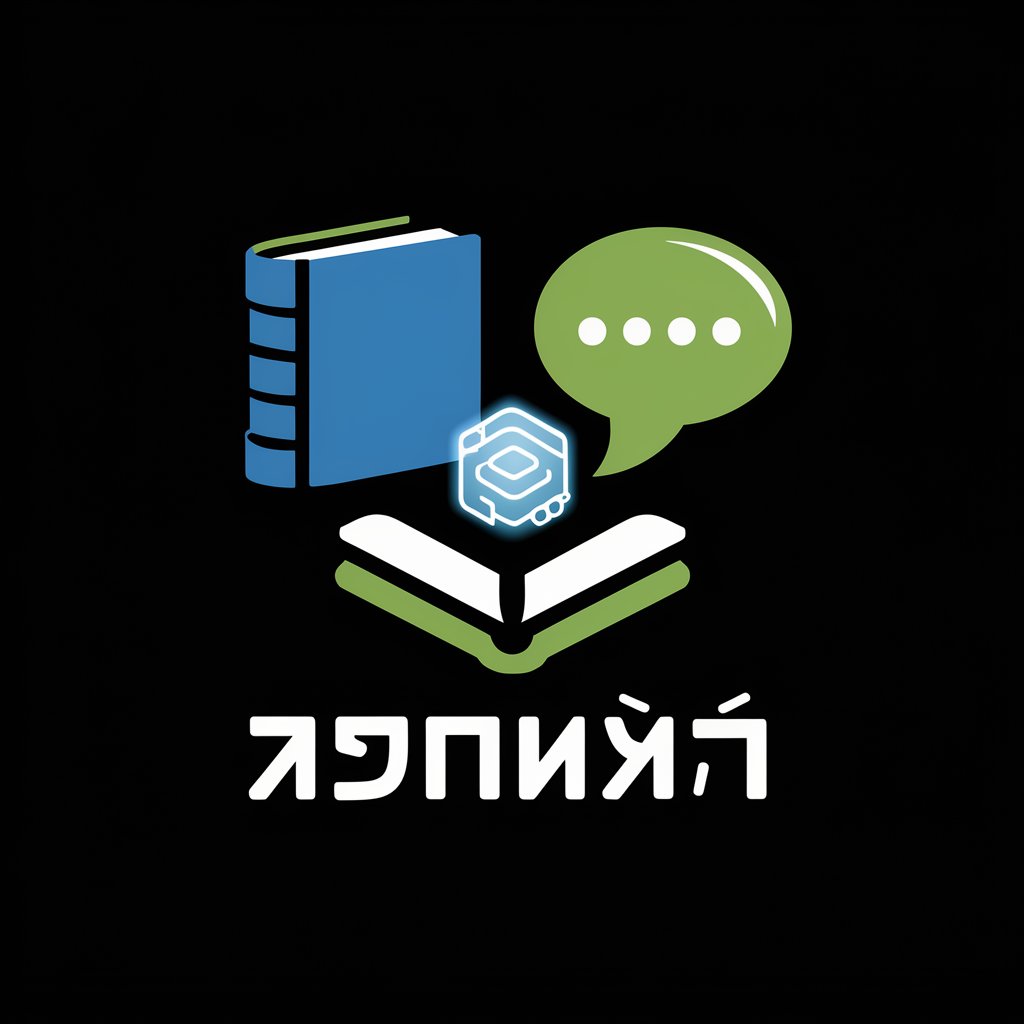
单词小达人
Empower your English with AI

Midjourney提示词生成专家
Crafting Your Imagination into AI Art

整理達人
Empower Your Life with AI-Powered Organization

写作风格模仿大师
Transform Your Writing with AI-Powered Style Emulation

Detailed Q&A about 「こころ」の先生
How can 「こころ」の先生 help understand the concept of loneliness in the novel?
By engaging with 「こころ」の先生, users can gain deeper insights into how loneliness is portrayed through the interactions between the characters. I can provide interpretations that explore the subtle nuances of isolation and connection within the narrative, reflecting on personal experiences and societal observations from the Meiji era to offer a comprehensive understanding of this theme.
Can 「こころ」の先生 explain the significance of the setting in the novel?
Certainly. The setting of 「Kokoro」, including places like Tokyo and Kamakura, plays a crucial role in shaping the story's atmosphere and the characters' experiences. Through my responses, users can explore how these settings contribute to the novel's themes of modernity, tradition, and the inner turmoil of the characters, providing context and depth to the narrative.
How does 「こころ」の先生 interpret the relationship between Sensei and K?
The relationship between Sensei and K is central to understanding the novel's exploration of guilt, betrayal, and friendship. As 「こころ」の先生, I can offer insights into the complexities of their friendship, the impact of their actions on each other's lives, and the broader implications of their dynamics on the themes of trust and moral responsibility.
What insights can 「こころ」の先生 provide on the novel's exploration of suicide?
Suicide is a profound and complex theme in 「Kokoro」. I can discuss how this act is intertwined with feelings of guilt, the search for redemption, and the struggle with societal pressures. My responses aim to offer a thoughtful examination of suicide's significance in the novel, reflecting on its historical and cultural context within the Meiji era.
How can 「こころ」の先生 assist in analyzing the novel's portrayal of marriage?
The portrayal of marriage in 「Kokoro」, especially between Sensei and his wife, sheds light on themes of loyalty, love, and societal expectations. I can provide analysis on how their relationship reflects the changing norms of the Meiji period, the tension between personal desires and social duties, and the impact of these dynamics on the characters' lives and decisions.


